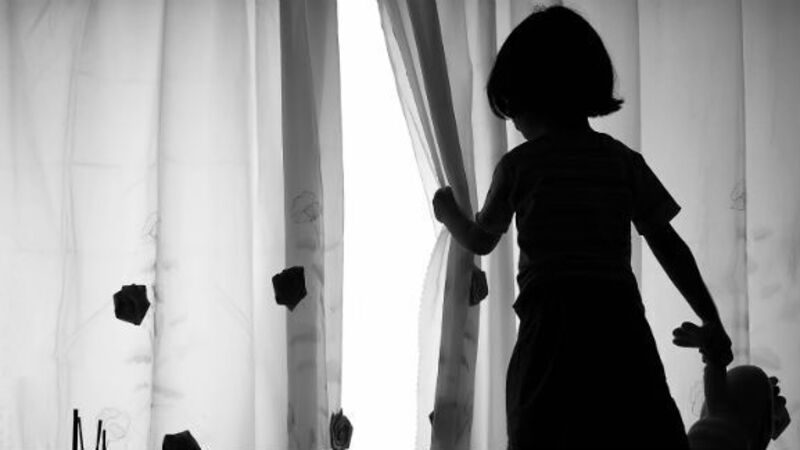Delay in Domestic Violence Bill is a chance to improve it

THE Government must prioritise the Domestic Violence Bill, 2017, and protect women and children affected by domestic abuse.
Women’s Aid supports the provisions of the new bill, including those that enable Ireland to ratify the Istanbul Convention, extend eligibility for safety orders to young women who experience abuse in relationships, and prohibit electronic communication with victims.















